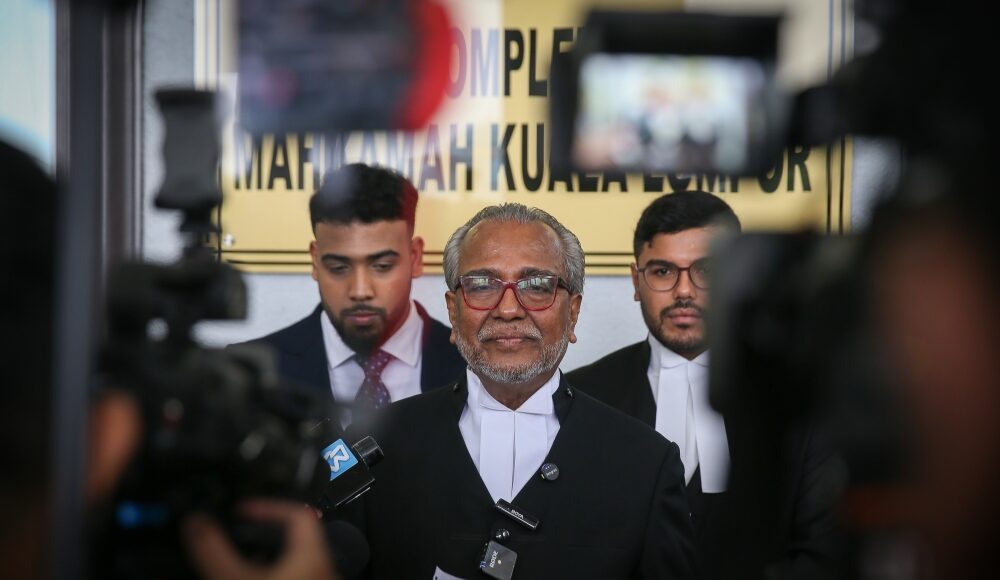JUNE 21 — The recent decision by the High Court to grant a discharge not amounting to acquittal (DNAA) to Dato’ Seri Najib Razak in the SRC International money laundering case has reignited urgent concerns over the integrity, professionalism and accountability of prosecutorial decisions in Malaysia.
The charges, filed in 2019 under then attorney general Tan Sri Tommy Thomas, involved RM27 million under the Anti-Money Laundering Act (AMLA). Yet, as of 2025, the prosecution has acknowledged that it is still not ready to proceed. This is more than a delay — it is a failure of prosecutorial governance that demands immediate reform.
Why this matters
1. Why charge if the case isn’t ready?Prosecutions should only be brought forward when sufficient, admissible evidence is available and the prosecution is trial-ready. Anything less violates due process and undermines public trust in the legal system.
2. What happened under two successive attorneys general?Under the tenure of Tan Sri Idrus Harun and Tan Sri Ahmad Terriruddin Mohd Salleh, the case stalled with no meaningful review or resolution, pointing to a breakdown in internal accountability.
3. Does this violate constitutional rights?Yes. The prolonged delay infringes Article 5(1) — the right to a fair and expeditious trial — and Article 8(1) of the Federal Constitution, which guarantees equality before the law. Selective delays and prolonged inaction are constitutionally indefensible.
4. What does a DNAA mean?A DNAA is neither an acquittal nor a conviction — it suspends proceedings indefinitely, leaving both the accused and the public in legal and moral limbo, without resolution or closure.
Lawyer,Tan Sri Muhammad Shafee Abdullah speaks to reporters on his client Datuk Seri Najib Razak’s DNAA at the Kuala Lumpur High Court Complex on June 20,2025. — Picture by Yusof Mat Isa
What must be done
Under the leadership of Tan Sri Mohd Dusuki Mokhtar, the Attorney General’s Chambers (AGC) must take bold, decisive steps to restore institutional credibility and uphold the rule of law:
- Ensure all future charges are based on sufficient, admissible evidence and are trial-ready from the outset.
- Institutionalise internal review mechanisms to monitor and resolve long-pending or high-profile cases.
- Drive critical reform: separate the roles of attorney general and public prosecutor to eliminate conflicts of interest and strengthen prosecutorial independence.
A justice system that works — not one that waits
Justice cannot be charged today, delayed for years, and then justified later. For public confidence in the legal system to be sustained, justice must be transparent, efficient and independent. Malaysia cannot afford a justice system where high-profile cases are charged for headlines but never tried in court.
This is not the time for institutional silence. This is the time for action.
Reform must begin with a professional, principled and prepared prosecutorial authority — and the attorney general must lead that charge without fear or favour.
* Tan Sri Dzulkifli Ahmad was a former Malaysian Anti-Corruption Commission (MACC) chief commissioner.
** This is the personal opinion of the writer or publication and does not necessarily represent the views of Malay Mail.





